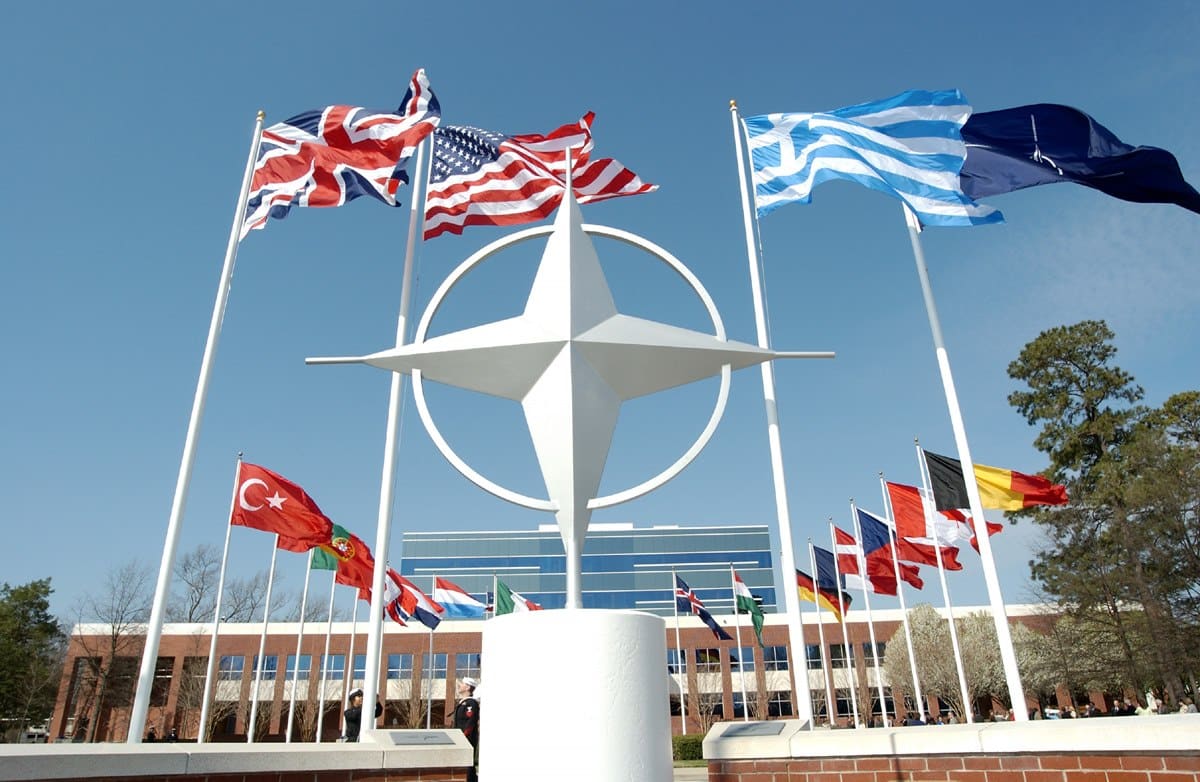NATO Secretary-General Jens Stoltenberg said Tuesday that the alliance has no plans to send combat troops to Ukraine after French President Emmanuel Macron stirred an uproar by saying the idea of deploying troops should not be ruled out.
“NATO allies are providing unprecedented support to Ukraine. We have done that since 2014 and stepped up after the full-scale invasion. But there are no plans for NATO combat troops on the ground in Ukraine,” Stoltenberg told the Associated Press.
In response to Macron’s comments, the Kremlin said a deployment of Western troops to Ukraine would make a direct Russia-NATO war inevitable. “In this case, we need to talk not about probability, but about the inevitability (of conflict),” said Kremlin spokesman Dmitry Peskov.
For its part, Ukraine celebrated the discussion of NATO troops being sent to Ukraine despite the risk of nuclear war. “This shows, firstly, an absolute awareness of the risks posed to Europe by a militaristic, aggressive Russia,” said Ukrainian presidential advisor Mykhailo Podolyak.
Some leaders of NATO countries distanced themselves from the idea of sending combat troops to Ukraine. “Poland does not plan to send its troops to Ukraine,” said Polish Prime Minster Donald Tusk.
Macron made the provocative comments on Monday after European leaders held a meeting he hosted in Paris to discuss the Ukraine proxy war. Ahead of the summit, Slovakia Prime Minister Robert Fico, who opposes aid to Ukraine, warned that some NATO countries were thinking about sending troops to Ukraine on a “bilateral basis.”
German Chancellor Olaf Scholz insisted that European leaders agreed at the meeting “that there will be no ground troops, no soldiers on Ukrainian soil who are sent there by European states or NATO state.”
But the Discord leaks revealed last year that there are a small number of NATO special operations forces inside Ukraine. According to a leaked Pentagon document, there were 97 NATO special operations soldiers in Ukraine, including 14 Americans, as of March 2023.
This article was originally featured at Antiwar.com and is republished with permission.

































